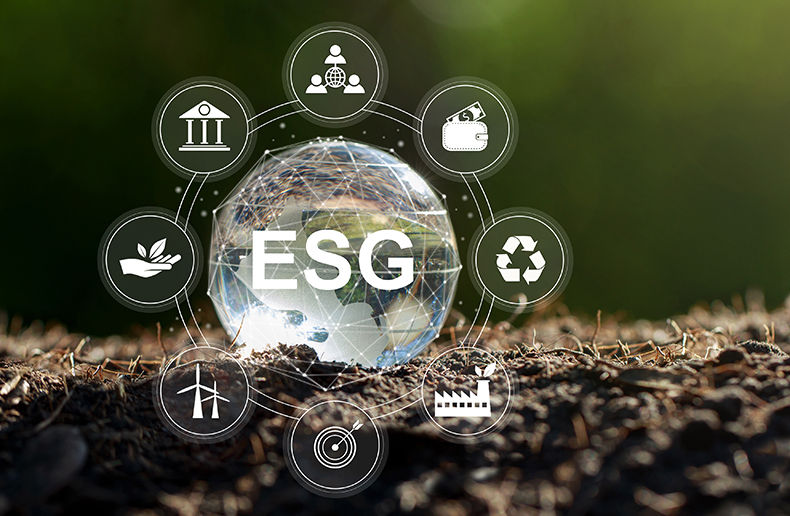A new paper published by Morningstar Research, the Sustainable Investing Landscape for Canadian Fund Investors, shows that assets invested in sustainable mutual funds and exchange-traded funds (ETFs) from Canadian fund providers continues to grow at a rapid pace.
At the end of the second quarter, sustainable assets, excluding fund of funds products, hit $26-billion, a quarter-over-quarter growth rate of 22 per cent, says the report. Year-over-year asset growth reached 130 per cent during the period.
Five new sustainable funds and ETFs were brought to market in the second quarter, bringing this year’s total number of new funds introduced to 23. Just two of the funds introduced in the second quarter were passive or index products. Passive strategies overall continue to represent just 19 per cent of the total, compared with 16 per cent a year ago. Equity funds made up 74 per cent of the assets from Canadian manufacturers, also growing by 22 per cent over the first quarter. Allocation funds which make up just nine per cent of the market, grew by 39 per cent. Sustainable fixed-income funds grew by 10 per cent.
As for performance, in the second quarter, 81 out of 150 sustainable investments continued to outperform their respective category peers. Morningstar adds that the broad majority of environmental, social and governance (ESG) products from Canada tended to exhibit lower degrees of ESG risk when compared with their global peers. Year-to-date only 52 out of 133 sustainable funds outperformed their peers.
“Despite the fact that there continues to be no formal regulation or guidance around the identification and classification of sustainable funds in Canada, readers are reminded that Morningstar’s own sustainable funds attributes framework was released in January 2019 and remains our primary method of classifying said products,” Morningstar’s researchers write.
“The relevance of this framework is magnified now that sustainable investing preferences are increasingly becoming prevalent among retail investors. Those who have the mindset that they are investing in ‘clean’ industries may be surprised to learn that the products they invest in hold positions that belong to sectors that may not be intuitive, like oil and gas. Although it is known to well-informed investors that ESG incorporation funds may not explicitly utilize exclusions, this fact can easily be lost through distribution channels and subsequently in communication to a retail client,” they warn.
“It is a comfort to know that the broad majority of ESG incorporation products from Canada-domiciled manufacturers indeed tend to exhibit lower degrees of ESG risk when compared to their global peers,” they add.
















